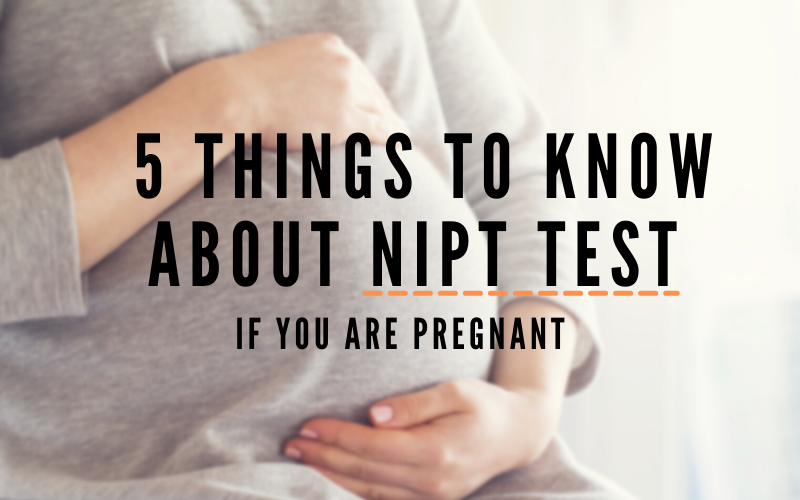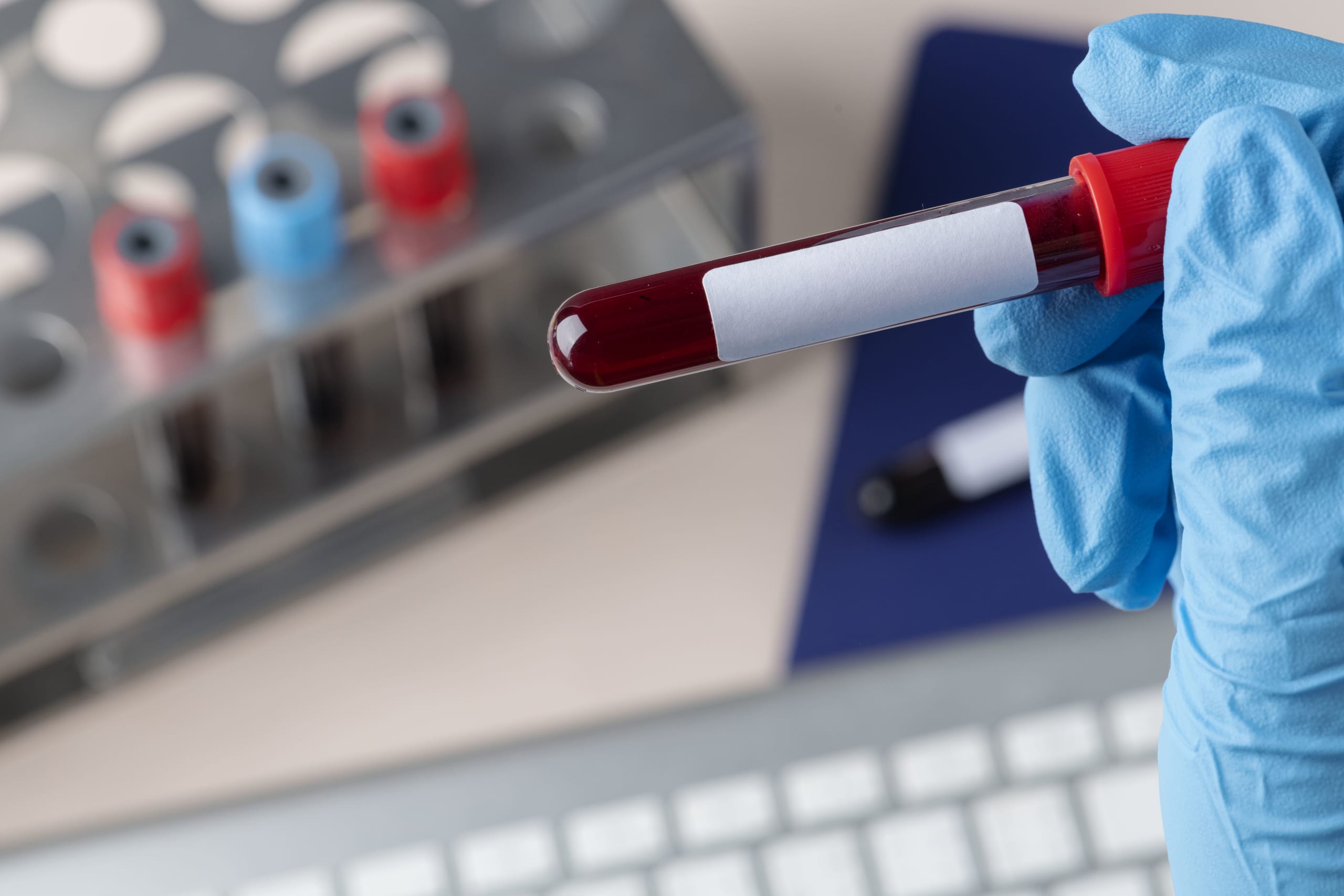5 Things to Know About NIPT Test if you are Pregnant
Have you heard of the Non-Invasive Prenatal Testing (NIPT)?

Once it has been decided to have a baby, especially first-time parents, a lot of doubts and concerns appear. One of the main worries of parents is usually the health of their baby. Although in most cases luckily it usually goes well, there are times when a pregnancy can be complicated, or at the time of giving birth, problems can arise. But thanks to new technologies and medical advances, the problems are less and less, and we can learn more about the baby even before giving birth. Have you heard of the NIPT test?
What is / For whom the NIPT test?
NIPT stands for Non-Invasive Prenatal Test and is used to detect whether a pregnancy is low-risk or high-risk for certain chromosomal abnormalities. Specifically for trisomy 21 (Down syndrome), trisomy 18 (Edwards syndrome), and trisomy 13 (Patau syndrome). Formally, this NIPT test is offered to women with high-risk for their pregnancies, which means women over 35 years old or have had a child with a chromosomal disorder, however, these days, NIPT test is offered to all women.
How is the NIPT test done?
NIPT test is done using a blood test taken at or after week 10 of pregnancy. The test analyzes the DNA of small particles from the placenta that circulate in the mother’s blood. Until now, the tests that existed to detect chromosomal abnormalities consisted of an analysis of the fluid from the amniotic sac. However, these tests are very invasive (they have to stick a large enough needle to take a sample of amniotic fluid) and in addition to being painful, they have a small risk of miscarriage.
What do Down syndrome, Edwards syndrome and Patau syndrome mean?
Surely most are familiar with Down syndrome since it is the most known, but not Edwards or Patau’s, so I am going to explain them briefly.
Edward syndrome can cause different physical abnormalities, both externally (facial skull, limbs, etc.) and internally (heart problems, gastrointestinal, etc.) and also mental (psychomotor and mental retardation, central nervous system, etc.). The survival average for someone with Edward syndrome is 2.5 to 70 days between the first and fourth months of life, and about 90% die in the first year. Only 2% reach 5 years of age and the cases that reach adolescence are exceptional.
Patau syndrome can also cause different physical and mental abnormalities such as congenital heart defects, brain and spinal cord abnormalities, cleft lip, and intellectual disability among many others. Almost 90% of babies with this syndrome do not reach their first year of life. In some cases, they are not even able to be born, since often giving occurs a miscarriage during pregnancy or stillbirth.
How reliable NIPT test is?
Although in some clinics and places they assure that other anomalies can also be detected, the truth is that it has only been shown to work as we have said before for trisomy 21, trisomy 18, and trisomy 13. Medical professionals agree that, when it is used correctly, it is quite reliable as a test for these conditions (some claim it has a sensitivity of 85%-95% for these syndromes, with a false positive rate of 5%). But when testing for other rarer conditions, the test efficacy is not rigorously demonstrated in clinical settings.
What to do in case the NIPT test is positive?
In case the test is positive, the doctor will inform you about the different options. There are additional although more invasive tests that can be done to make a better diagnosis (on rare occasions, the NIPT test can give a false positive). In case you want to continue with the pregnancy, there are also other tests that are done in more advanced stages (such as week 11 and 14) to have more information.
If you want to know more about this test in a simple way to understand, you can watch this video!
Fetal malformations of a physical nature are usually detected by ultrasound. Ultrasound scans are a common procedure present in all hospitals and clinics during pregnancy. However, chromosomal alterations, related to the genes of the fetus, require an analysis of the genetic material and many people do not know this information since it does not come within the normal pack of a usual hospital, and generally, you have to go to a private clinic and pay for the test apart.
So I hope this information has been useful to you. Here I have given some general information, but if you are interested in the NIPT test, I encourage you to investigate further on the subject and consult with your trusted professional.
NIPT Testing Clinic List in Japan
■ NIPT Clinics in Tokyo
▽Recommended Articles▽
Written by
From Barcelona to Tokyo. Coffee & Adventure lover????☕️
I started to like Japan because of the anime, music and doramas, but after my first trip to the country I found what I love the most: traveling around, the culture and history. I have travelled a lot in Japan, but I still have many places to discover that I want to share with you????????♀️ Let’s discover Japan together!
Also, as a foreigner living in Japan for over 6 years I understand what kind of things are difficult when you move here and I want to help other people in the same situation that I have in the past.










